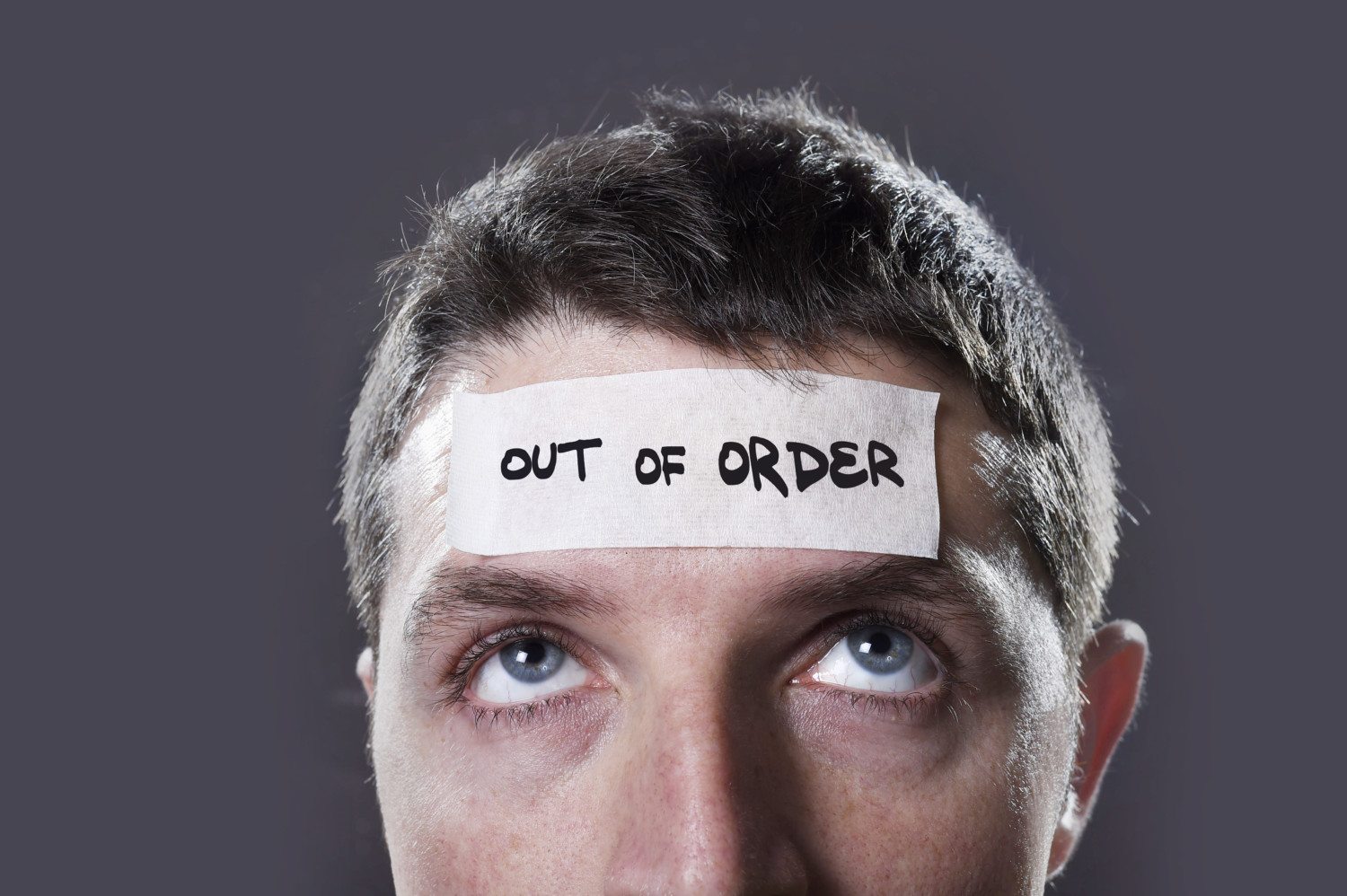Research Says A 3-Day Workweek May Be Best For Those Over 40 Years Old

Do you ever wish you could work fewer hours per week? Well, then you may want to consider it.
But how do you explain it to your boss? If you’re over 40, you can cite a study in the Melbourne Institute’s Working Paper Series. This study found that a three-day workweek may be the best way to keep employees over age 40 productive yet not burned out.
So There’s Proof That We Work Too Much?
In the study, researchers from Australia and Japan looked at how working hours affected cognitive abilities of 3,500 women and 3,000 men over 40 years old in Australia. The volunteer subjects had to do various cognitive tests, such as reciting sequences of numbers and reading words aloud.
“Our findings show that there is a non-linearity in the effect of working hours on cognitive functioning,” the researchers wrote. “For working hours up to around 25 hours a week, an increase in working hours has a positive impact on cognitive functioning. However, when working hours exceed 25 hours per week, an increase in working hours has a negative impact on cognition.”
Sounds good to us. And, interestingly enough, the findings were the same for men and women.
Does This Mean I Should Quit My Job?
If working 25 hours is not possible, what’s the next best thing — a 40-hour workweek or not working at all? If you guessed the former, you’re correct, according to the study’s findings.
Our cognition performs better when working 40 hours a week than it does not working at all, so keep that in mind before you go quitting your job!
However, if we’re talking about working over 55 hours per week, that’s worse for cognitive functioning than not working at all.
“The degree of intellectual stimulation may depend on working hours,” said one of the researchers, Colin McKenzie, professor of economics at Keio University.
“Work can be a double-edged sword, in that it can stimulate brain activity, but at the same time long working hours can cause fatigue and stress, which potentially damage cognitive functions.”
OK, overall, it sounds like the 25-hour workweek is ideal, and other research points to the benefits of establishing a three-day weekend as the norm.
4-Day Workweeks May Make Us Healthier
Most of us feel exuberant and refreshed after a three-day weekend, so it’s no surprise that a regular four-day workweek would likely be healthier for us than a typical five-day workweek.
Professor John Ashton, one of the U.K.’s leading doctors, called for the reduction of the British workweek from five to four days, telling the Guardian in 2014 that “the stress that people are under, the pressure on time and sickness absence, [work-related] mental health is clearly a major issue.”
Japanese businesses are also attempting to address the workaholic culture that pervades their nation after a Japanese ad agency employee died by suicide, following a month in which he worked more than 100 hours of overtime.
Ashton noted that workers in the U.K. rarely even take a lunch break. This is a trend that’s become the norm in the U.S. as well, with fewer than 20 percent of American workers leaving the office for lunch.
Ashton says that workers would see a broad range of benefits if they took an extra day for themselves, including more exercise, family time and lower blood pressure.
Companies that have made the switch to a shorter workweek report noticeable improvements in the well-being and productivity of their employees.
Good For Workers And The Planet
But the benefits of a shorter workweek go beyond reduced stress and better physical health for the individual. According to Alex Williams, a lecturer in sociology at City University, London, a four-day workweek could have a big environmental impact as well.
Shorter workweeks could save an entire day (or more) of commuting, which would mean less energy consumed — potentially a big win for the environment.





